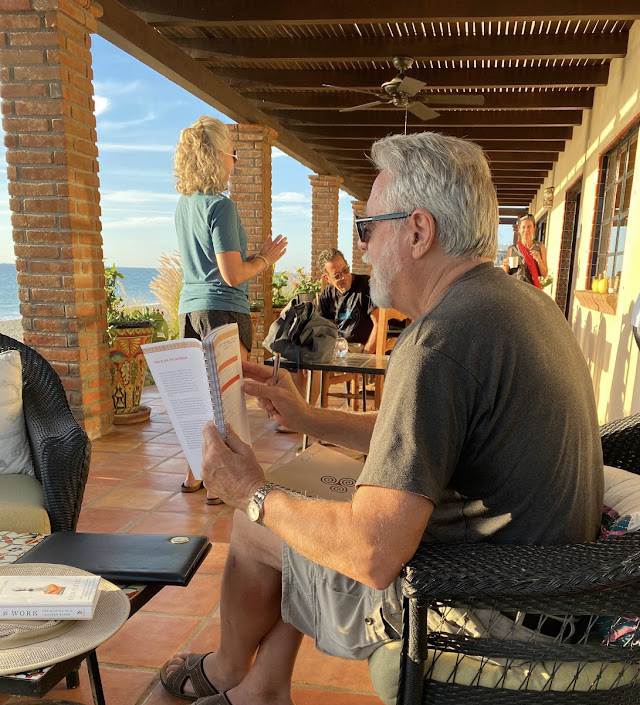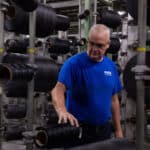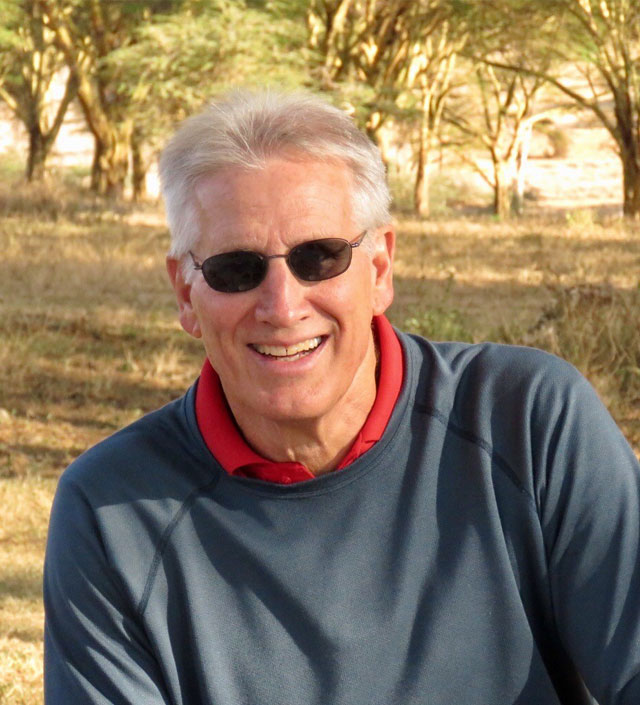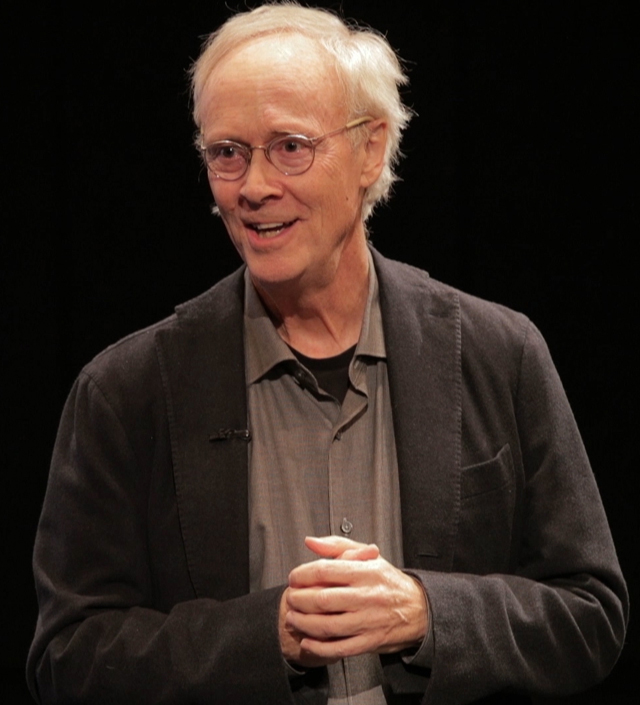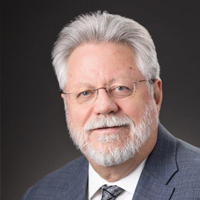
Dr. Michael Roizen, chief wellness officer emeritus of the famed Cleveland Clinic and New York Times best-selling author, has rightly said that “longevity is the opportunity of a lifetime.” But longevity planning is still in its infancy, no pun intended.
Some financial services firms recognize the importance of longevity planning but they view it primarily from the standpoint of offering resources for what I call “frailty longevity” — connecting clients with resources once they become frail. But the real excitement and great potential for financial advisors, the opportunity of a lifetime, is to focus on “flourishing longevity” — helping people toward the 100-plus-year life. This takes wisdom.
So, as a 65-year-old financial advisor who is passionate about my own healthy longevity, I recently attended “wisdom school” at the Modern Elder Academy in Baja California Sur, Mexico. I enjoyed my experience so much, personally and professionally, that I thought it would be useful to introduce other financial advisors to what it’s all about.
I learned about the Modern Elder Academy (MEA) through the book “Wisdom@Work: The Making of a Modern Elder” by Chip Conley. Conley is one of the three cofounders of the academy. After reading the book, I knew I had to attend MEA’s workshops and learn more first-hand about becoming a “modern elder” (more on this in a minute).
What I came away with were concepts and skills needed to advance my wisdom for living life to the fullest at a time when increased longevity is creating many more options. The modern elder concepts and skills taught at the academy — including being more observant — are also beginning to shape my work and how I plan to interact with clients going forward. I also know they’ll be useful as longevity planning continues to evolve.
An Enchanting Campus
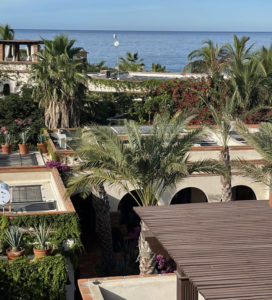
The Modern Elder Academy was founded in 2018 by Chip Conley, Christine Sperber and Jeff Hamaoui. Its Baja location and campus itself are absolutely enchanting! To get there, we flew to Los Cabos and were then driven northwest of the city on a four-lane highway until we arrived on a slow and winding beachfront road with no name. The campus looks like the entrance to paradise. See this brief video.
When I arrived, I was warmly greeted by staff and faculty and walked to the outdoor dining area to see the view of the Pacific Ocean. From this perch, I saw a mostly-secluded sandy beach, heard the sound of the breakers, and saw humpback whales putting on quite a show, spraying like geysers and showing off their massive tails. The hospitality and the food were the best I have experienced anywhere I have traveled, with no close second.
Characteristics of Modern Elders
The academy describes modern elders as people in midlife (45–65) or older who are as curious as they are wise. Rather than seeking the spotlight of being the “sage on the stage,” they gently share the wisdom they have gleaned through decades of experience in life and work.
In their curiosity, modern elders are also wisdom-seekers. They seek to serve others from their personal essence — from the depths of their soul — rather than in pursuit of achievement. Modern elders embrace the possibility of heathy longevity for themselves and others.
Conley’s book notes modern elders evolve, learn, collaborate and counsel. They embrace life transitions by doing “midlife edits” leading to a human metamorphosis akin to the change from caterpillar to butterfly — a process of becoming a more human being.
For more on becoming a modern elder, treat yourself to Conley’s enlightening and inspiriting TED talk on this subject.
The Eight Foundational Practices of Modern Elders
As it says in our Modern Elder Academy Workbook, “During our time together at the Academy, we will be testing out a variety of ideas or practices that you may decide to explore further once you have gone back into the ‘real’ world … Our daily practices are less instructional and more of an invitation, an opportunity for you to try some basic practices to keep moving, eat wisely, be mindful and express gratitude. These practices [which MEA calls “human-ing skills”] are braided into a rhythm across our days together.”
The foundational practices of modern elders are as follows:
- Noticing. Modern elders are encouraged to become first-class noticers in order to make the unconscious conscious. You are encouraged to become more fully aware of yourself and others. Noticing (or “awareness”) is a key wisdom skill for making personal changes.
- Editing. Modern elders are encouraged to use the skill of noticing/awareness for a “great midlife edit.” What could you edit out of your life so that you can edit in something more inspiring and purpose-filled?
- Mastering. Modern elders are encouraged to mine their own mastery. “What sage experience do you possess that might help someone a generation or two younger than you? Ideally, your mastery taps into your wisdom and has your fingerprints all over it.”
- Catalyzing. Modern elders initiate something new. “How do we best start something? What are the things that have traditionally held us back from new learning, new exploration, and new adventure?”
- Purposing: Modern elders seek to understand and shape their purpose for living. “Purposing takes time and work. This is often more easily said than done … Being patient as ideas digest and evolve require fortitude to not jump before we are ready.”
- Connecting. Modern elders are intentional about connecting with other people, joining in community. “Building rapport, laughing, playing, and socializing form a deep part of human thriving and impact our ability to collaborate. EQ (emotional intelligence) is something that tends to grow with age. Loving well, and feeling well-loved, are the two qualities that people cherish most later in life.”
- Serving. Modern elders serve others. Modern elders ask, “How can I best serve this person? … One of the great joys of modern elderhood is the ability to move from attaining — where you seek to be the best you can be — to attuning. In attuning you see yourself as a vehicle to help the world around you become better … through you.”
- Presencing. Modern elders seek to be really present to others, rather than having a cluttered mind in the presence of others. Doing regular mindfulness meditation calms and quiets the cluttered mind and moves you to be more attentive to others. At the academy, mornings started with group meditation, sitting on an open-air platform facing the Pacific Ocean. Wonderful!
Daily Practice
At MEA, our diverse cohort of 22 people experimented with these important practices through large group, small groups and one-on-one conversations. Wisdom grows as modern elders pay attention to and grow in their competencies in the eight practices.
The content, the practices, the personal interaction, the time for reflection and journaling, and the fun of learning and growing with other people at the Modern Elder Academy, as mentioned, made for one of the best weeks of my life. It was truly an experience of becoming a wiser, more human being. Since coming back from my experience at MEA, I’ve started journaling daily about these practices. This way, I’m bringing my MEA experience into my daily life.
Additional Reading: How Long Can You Live? Perhaps Longer Than You Think
In order to keep growing my wisdom for my life and work as a financial advisor who focuses on longevity planning, I’m looking forward to continuing my relationship with the Modern Elder Academy. I plan to participate in online workshops, sabbatical sessions and in-person workshops at the Baja campus and their new campus, a 2,600-acre ranch near Santa Fe, New Mexico. As an MEA alumnus, my connections with the Modern Elder Academy have only just begun.
I encourage you to spend some time learning more about the Modern Elder Academy to find ways to enhance your own wisdom in service to others.
Bradley Jenson, CFP, CIMA, AIF, is a financial advisor with Duluth,Minn.–based Lake Superior Financial Services, Inc., which offers investment advisory services through Raymond James Financial Services Advisors, Inc. He is a coauthor of a forthcoming book “Joining the Longevity Revolution: Inspiring Advisors and Clients,” which is expected to be in print in 2022. Brad is also an ordained minister. He can be reached at 218-625-2430. Any opinions are those of Brad and not necessarily those of Raymond James.



